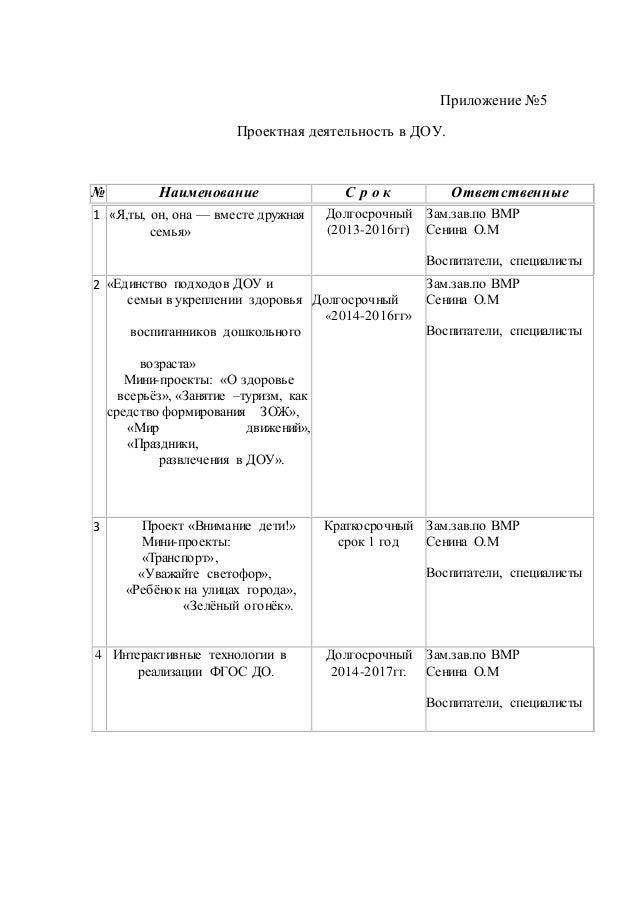Energy Information Administration, based on Evaluate Energy Note: Hedging is a financial risk-reduction strategy that market participants can use to lock in future prices. The decline in crude oil prices since last summer has had a direct impact on oil producers' sales revenue, but hedging strategies have lessened the effects of lower prices on some producers' total revenue.

Apr 09, 2014 V današnji oddaji je Tajča Pavček pristala na zobotehniškem stolu v zobni ordinaciji Ran (www.ran.si) pri zobozdravniku Gregorju Hočevarju, dr. Opravil ji je splošni. Dolnji Suhor pri Metliki is the site of a mass grave from the Second World War. The Zakutka Mass Grave ( Slovene: Grobišče Zakutka) is located among the vineyards east of Gornji Suhor pri Metliki. It contained the remains of the parish priest Rajner Erklavec (1893–1944) and three other Slovene civilians, including one woman.
Oil producers who adopt hedging strategies can reduce their price risk and generate smoother financial outcomes in unstable markets. A common hedging practice is to sell futures and swaps to lock in desired prices for future production, a practice that can shield producers' revenue from decreasing prices. Analysis of hedging can be difficult because not all producers consistently report their hedging activity. In general, producers are not required to report hedge effectiveness in regulated financial statements. However, 32 U.S. Oil producers have consistently reported their hedge results in their financial statements. The portfolio of these producers shows a 22% decline in oil sales revenue, down $2.4 billion from $10.9 billion in third-quarter 2014 to $8.6 billion in fourth-quarter 2014.
But because of $1.3 billion from hedging activities, the combined sales and hedge revenue in fourth-quarter 2014 had a milder decrease of $1.1 billion. Principal contributors: Richard Yan, Jozef Lieskovsky, Jeff Barron.
This is the first Human Development Paper for Serbia, focusing on inequality. The Agenda 2030 for Sustainable Development places a special emphasis on eradicating poverty worldwide while reducing inequality and exclusion, promoting peaceful, just and inclusive societies and leaving no one behind.
The achievement of Sustainable Development Goals requires new approaches to how we understand and address inter-related challenges of poverty, inequality and exclusion. The paper analyses and sets a national baseline for SDG10 leading indicator 10.1.1 - Growth rates of household expenditure or income per capita among the bottom 40 per cent of the population and the total population and the related target 10.1. – By 2030, progressively achieve and sustain income growth of the bottom 40 per cent of the population at a rate higher than the national average.
Across the Western Balkans, Lesbian, Gay, Bisexual, Transsexual and Intersex (LGBTI) people are fighting for their rights to lead a normal life. While there have been laws and measures passed to criminalize discrimination, violent acts and hate speech based on Sexual Orientation and Gender Identity (SOGI), there is much more that needs to be done in order to achieve full recognition and equality. The report “Being LGBTI in Serbia” presents a comprehensive review and analysis of the impacts of the legal, institutional, policy, social, cultural and economic environment on LGBTI people. Licenzionnij klyuch dlya daemon tools lite 101. The report is based on the review and verification of existing reports of case law, legislation and all other relevant materials. Serbia has adopted a wide anti-discriminatory legal framework. However, there are legal gaps that leave the rights of LGBTI people unregulated, including the rights of same-sex partners and access to documents for trans people.
UNDP is the UN's global development network, an organization advocating for change and connecting countries to knowledge, experience and resources to help people build a better life. We are on the ground in some 170 countries and territories, working with them on their own solutions to global and national development challenges. As they develop local capacity, they draw on the peoplea of UNDP and our wide range of partners. Our objectives are outlined in the Country Programme Document (CPD 2016-2020), rooted in the overarching goals of the United Nations Development Partnership Framework, which centers the work of the entire UN Country Team in Serbia on supporting Serbia to achieve goals in the areas of: Governance and Rule of Law, Social and Human Resources Development, Economic Development, Growth, and Employment, Environment, Climate Change and Resilient Communities and Culture and Development.
Most Popular Articles
- Acronis True Image Enterprise Server 81945 Download
- Materialise Magics 13 Torrent
- Banana Accounting Crack
- Svezhie Klyuchi Dlya Kasperskogo Internet Sekjyuriti 2017
- Blank Vidachi Zadanij Smezhnim Otdelam
- Otsav Dj 190015 Crack
- Metal Slug Tanpa Emulator Ps2 Pc
- Zte Kis 2 Max Firmware
- Download Wallpaper Gerak Untuk Pc
- Frutiger Next Pro Font
- Vengeance Essential Clubsounds Vol 3 Fl Studio Free Download
- Chem Otkritj Fajl Sii